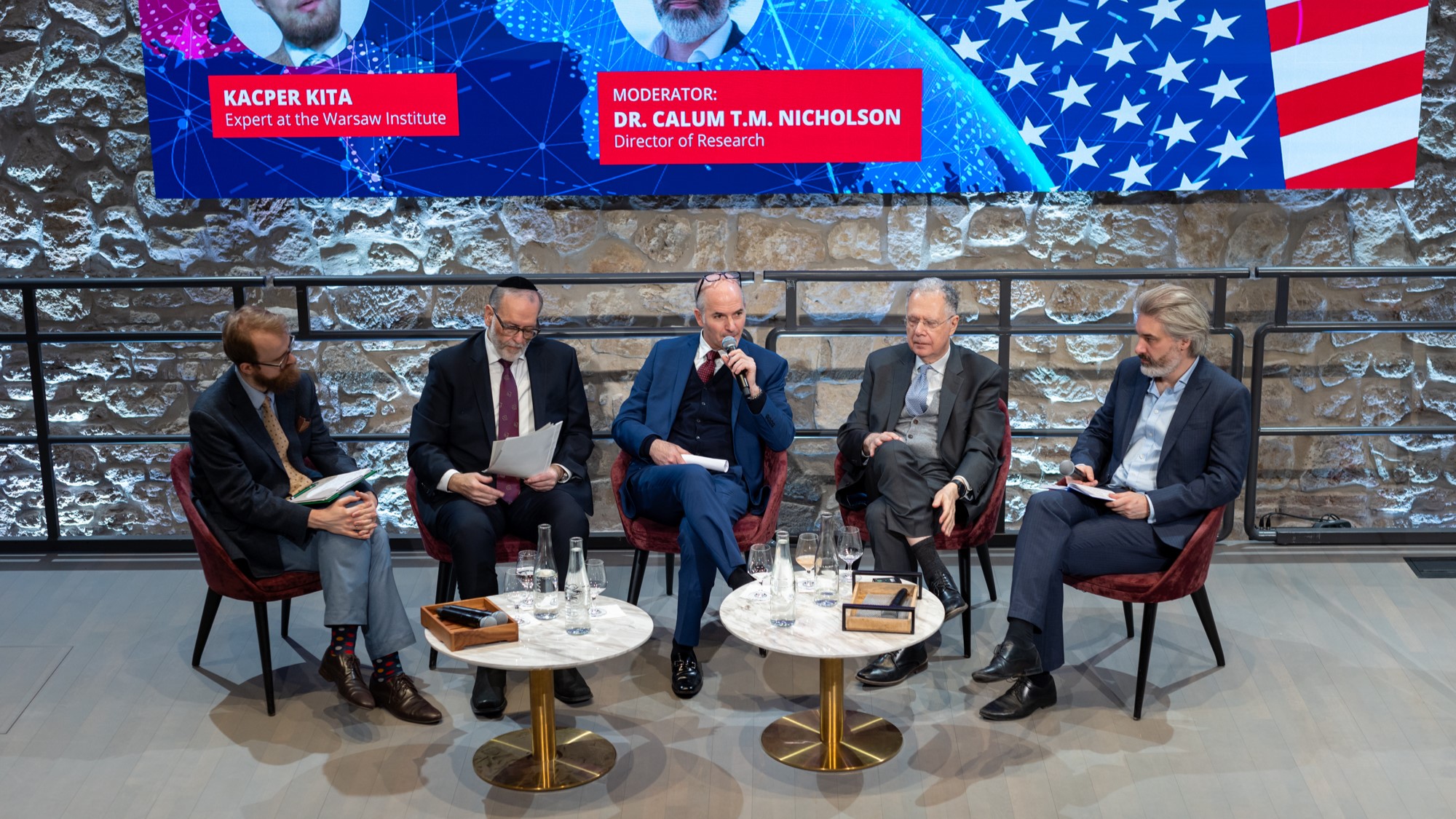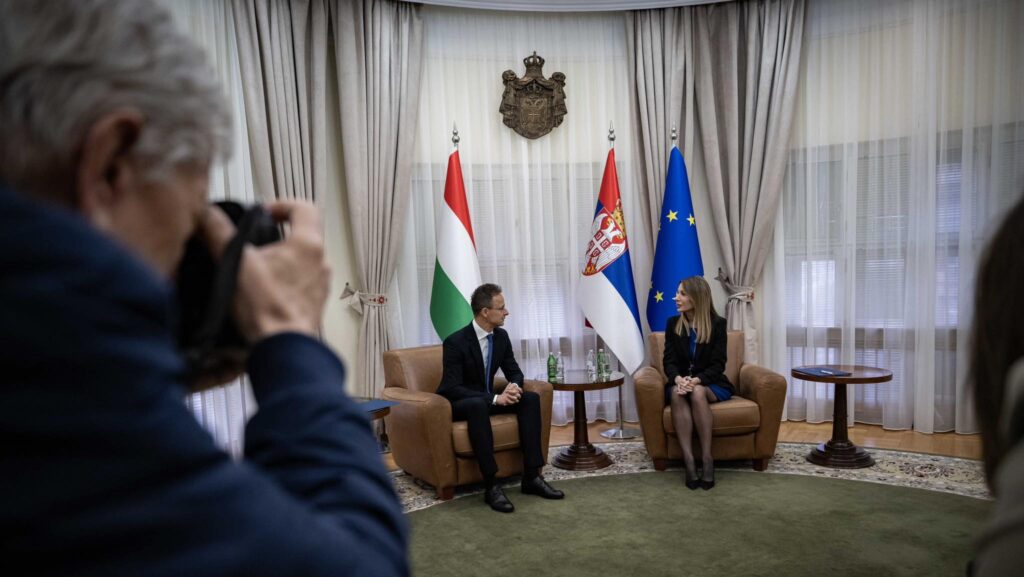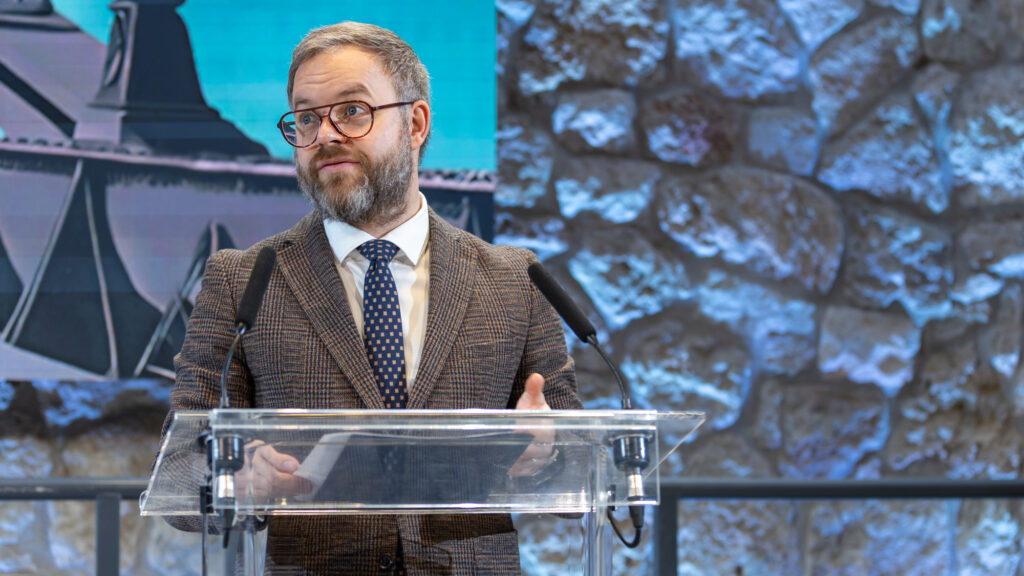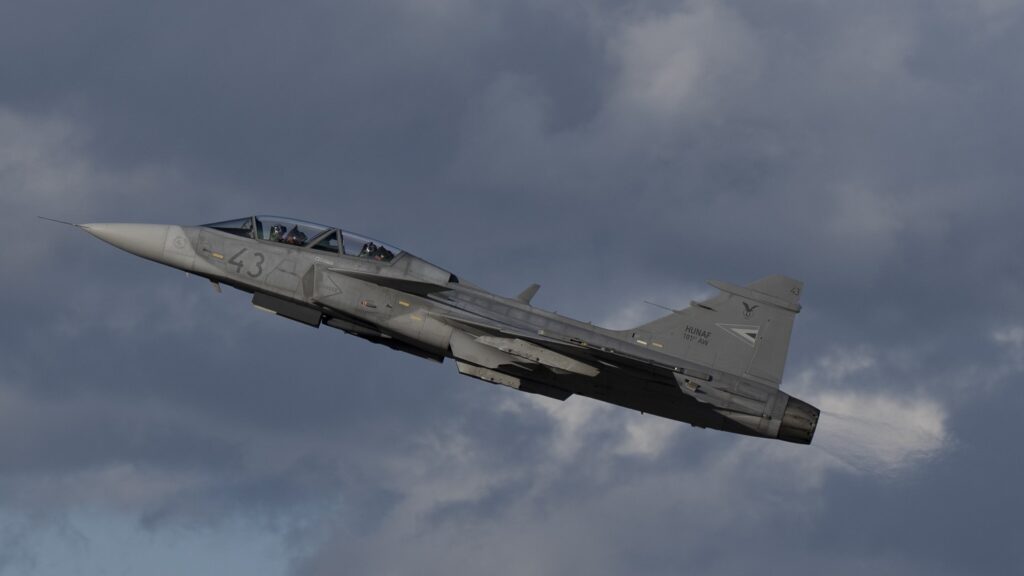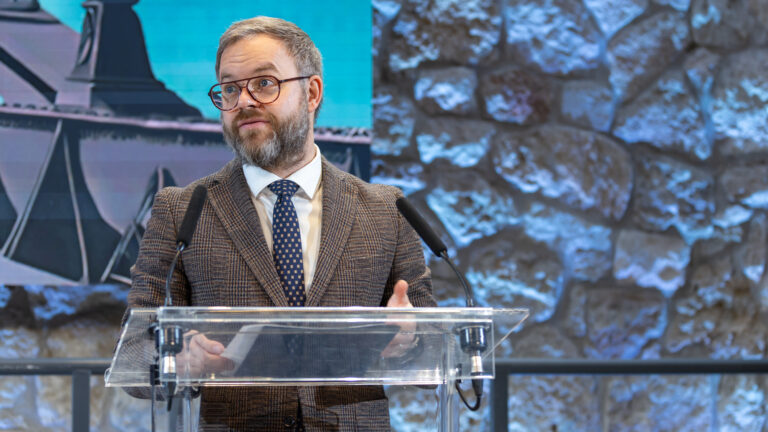The Trump 2.0 event brought together experts to discuss the potential implications of Donald Trump’s re-election, focusing on economics, trade, and energy. The second panel, moderated by Calum T M Nicholson, included David Goldman, Randy Yaloz, Jeff Ballabon, and Kacper Kita. Their insights painted a picture of both continuity and change from Trump’s first administration.
Deputy editor of Asia Times David Goldman identified energy policy as a cornerstone of Trump’s first administration, particularly his focus on persuading Germany to transition from Russian to American energy supplies. This policy, according to Goldman, exposed Germany’s vulnerabilities and contributed to its current economic challenges, including the de-industrialization caused by soaring energy costs. As Central Asia and Türkiye become more significant in global energy trade, Germany’s economic ties are increasingly shifting eastward.
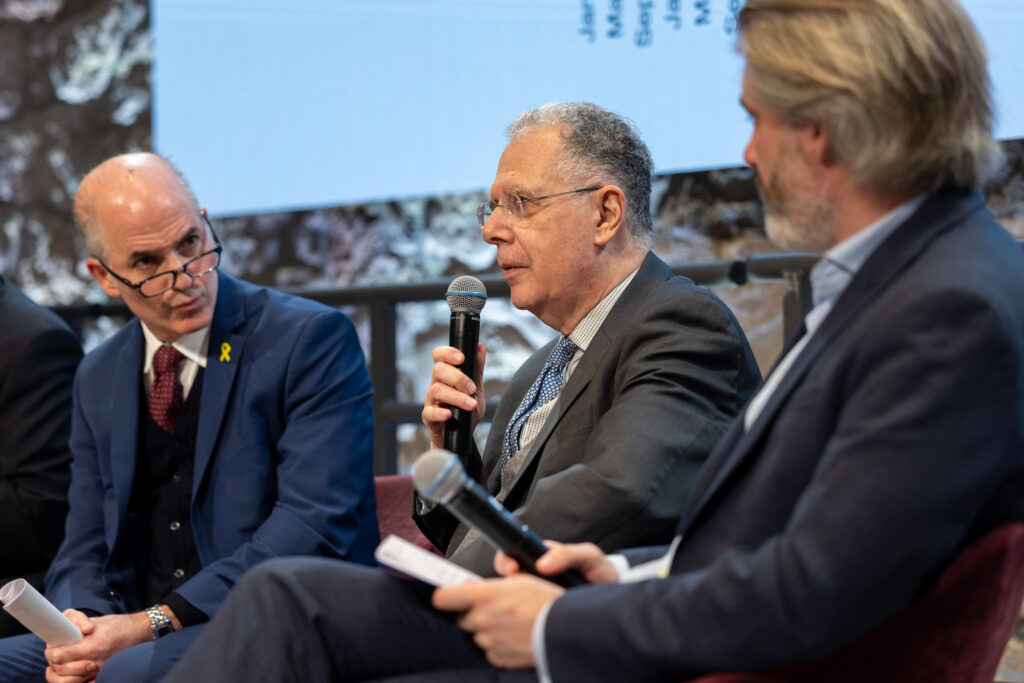
President of Republicans Overseas Action Randy Yaloz emphasized the link between energy independence and geopolitical stability, arguing that Trump’s deregulation of energy production helped undercut Russian resources during his first term. If re-elected, Trump is expected to negotiate with Saudi Arabia to stabilize oil prices, which would further weaken Russia’s economic leverage.
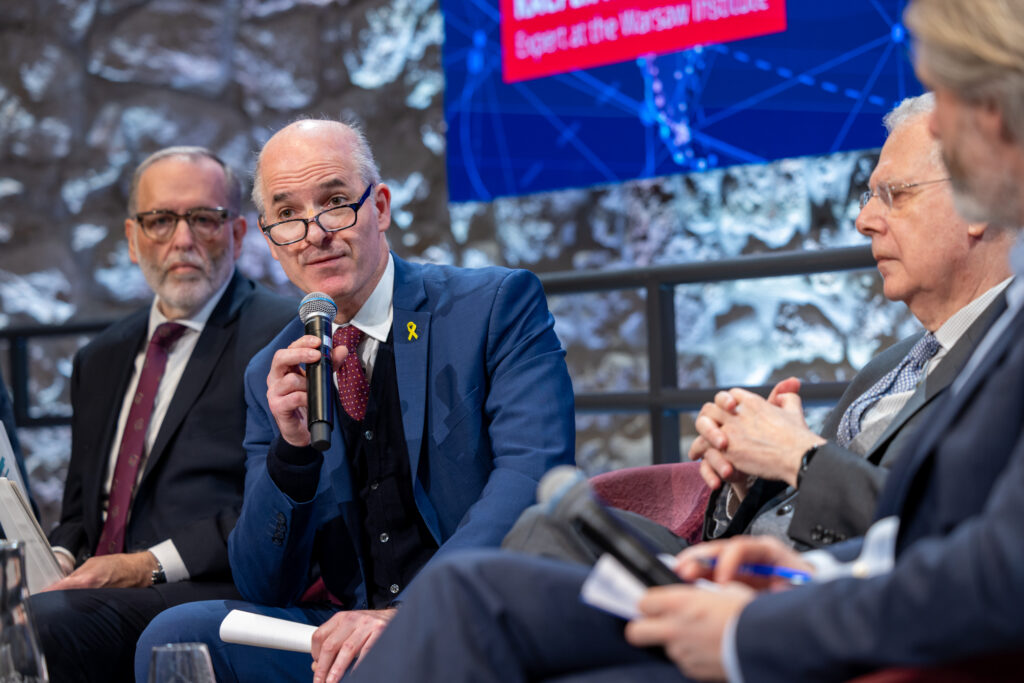
Expert at the Warsaw Institute Kacper Kita highlighted the European Union’s precarious position. Soaring energy prices, combined with the EU’s Green Deal, have created financial instability, particularly in Germany and France. Trump’s return could amplify existing protectionist policies and force Europe to re-evaluate its energy and economic strategies.
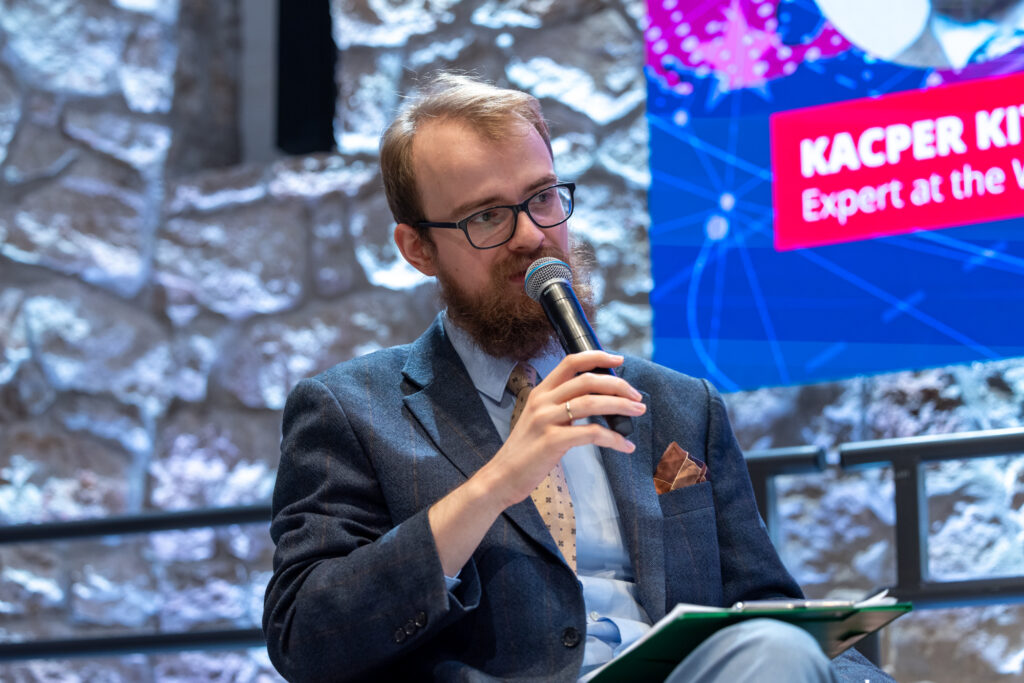
The panel agreed that Trump’s trade policies, characterized by tariffs and protectionism, are likely to intensify in a second term. Goldman noted that technology would be a key area of focus, with Trump potentially advancing strict regulations on Chinese tech companies. Randy Yaloz pointed out the challenges this poses for the European Union, which has lagged behind in areas like artificial intelligence and semiconductor production. The EU’s heavy administrative burdens and restrictive data protection policies, he argued, discourage high-tech investments, driving European companies to the US.
Senior Counsel for International and Government Affairs at the American Center for Law and Justice Jeff Ballabon argued that Trump’s approach would likely involve a combination of cultural and economic considerations. He suggested that Trump views nations not only through an economic lens but also based on how they align with conservative values. This could have implications for US–Europe relations, particularly with nations like Hungary, which Trump has previously praised for its nationalist policies.
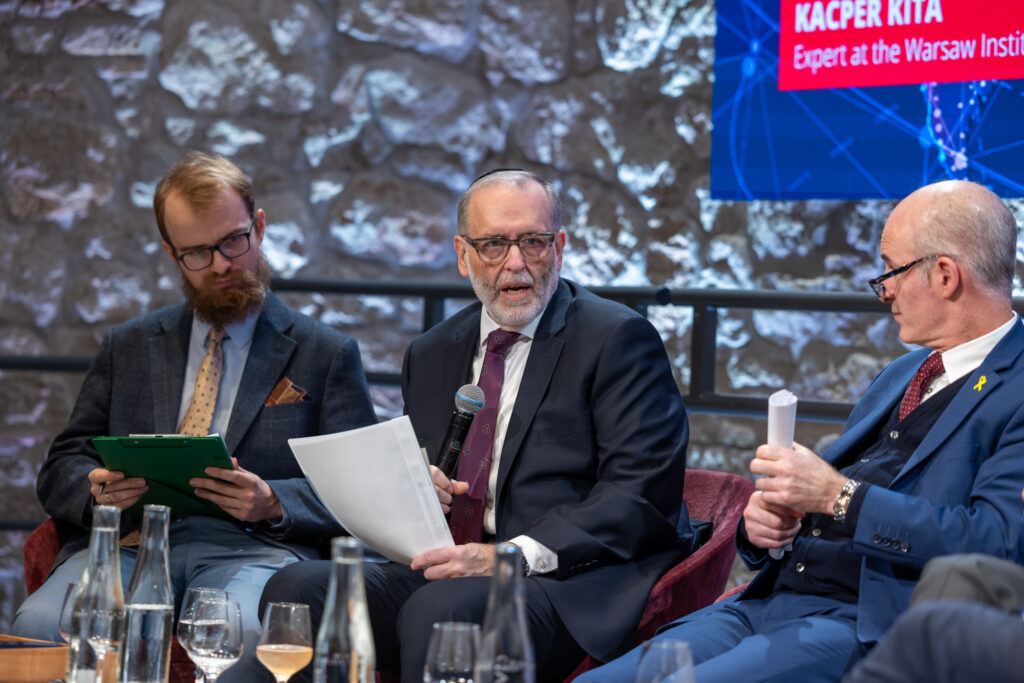
Goldman described a potential second Trump administration as having an ‘aggressive, win-win’ approach to technology, akin to a modern-day Manhattan Project. Such an initiative could force Europe to align with the US in technological development to avoid being left behind. Randy Yaloz highlighted the role of tech giants in shaping trade dynamics. He noted that Trump would likely prioritize American companies, which could strain transatlantic relations. European nations, he warned, must be wary of Chinese investments in 5G and other critical technologies to safeguard national security.
The panel also discussed the broader cultural and economic implications of Trump’s policies. Ballabon contrasted the Biden administration’s ‘radical woke leftist agenda’ with Trump’s America-first approach, which prioritizes traditional values and economic pragmatism. Trump’s willingness to use tariffs as a ‘sledgehammer’, Ballabon argued, could serve as both a negotiating tool and a way to enforce cultural and economic standards internationally.
Kita concluded that Europe faces a choice: adapt to a more assertive US trade policy or risk further marginalization in global markets. He pointed out that the EU’s top-down governance model is unlikely to change under the current leadership, but grassroots pressure could push member states toward reform.
As the discussion made clear, Trump’s potential return to power presents both opportunities and challenges for the global economic order. For Europe, it could mean grappling with higher defence spending, navigating protectionist US trade policies, and addressing internal divisions. For the US, a second Trump administration offers the chance to consolidate gains in energy independence, strengthen tech leadership, and redefine its role in a multipolar world.
Whether these shifts lead to greater transatlantic cooperation or deepen existing divides will depend on how both sides choose to engage with the evolving landscape.
More from the event:

